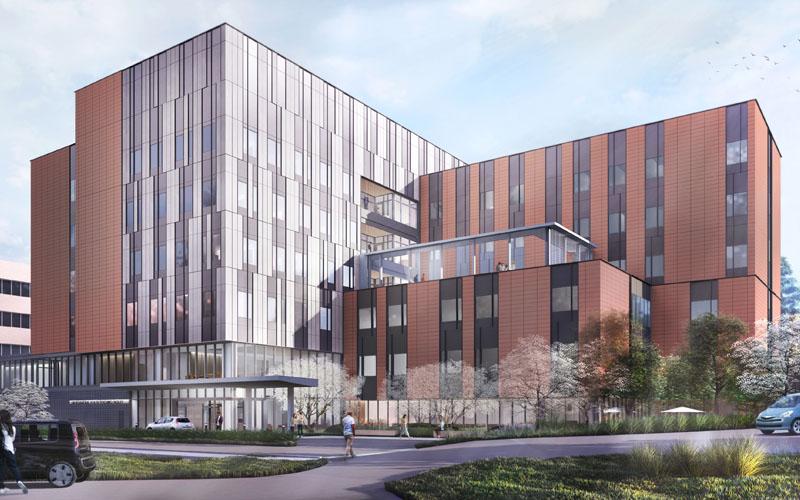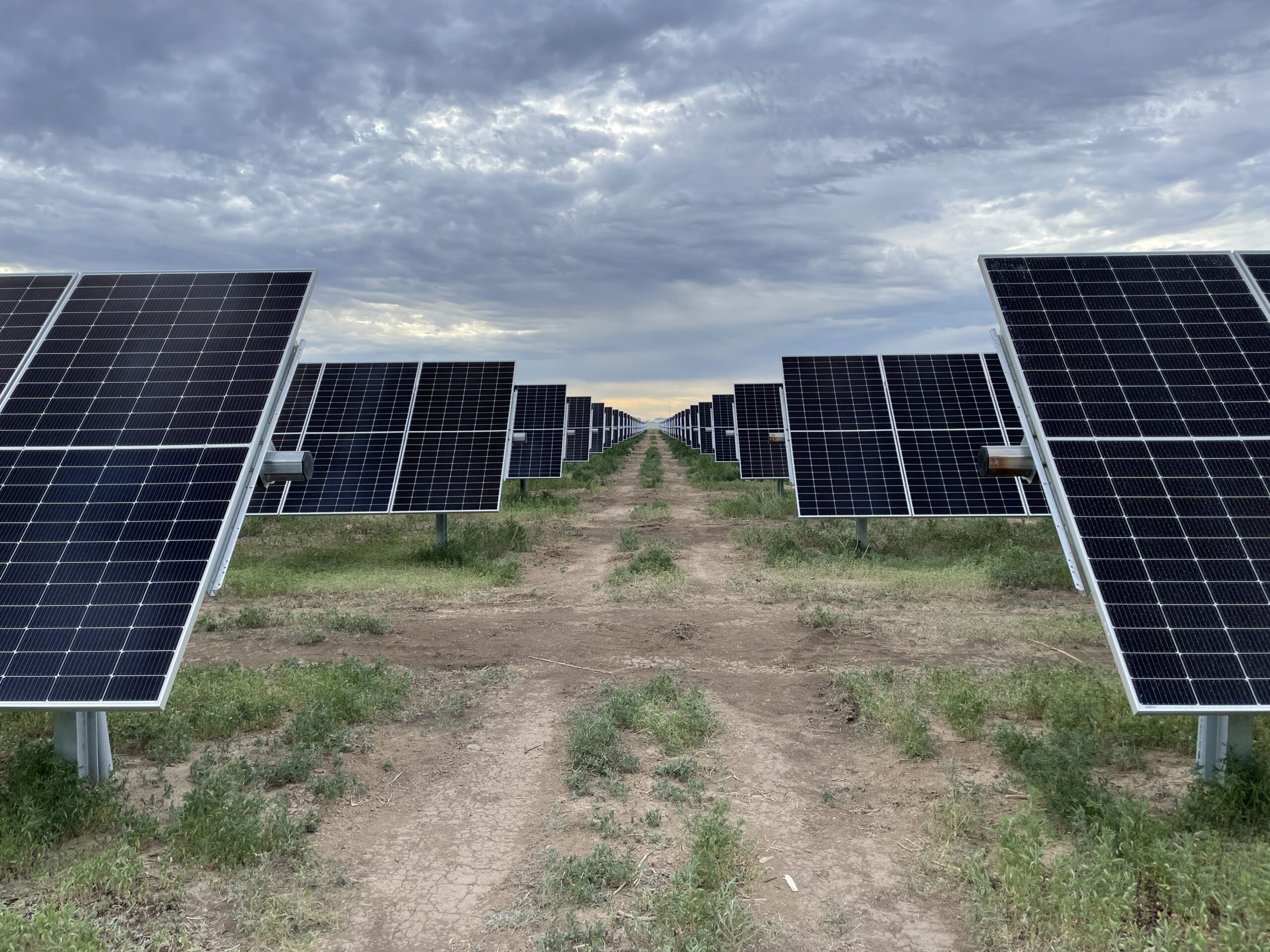Critical Health Facility in Washington Leaps Towards 100% Clean Energy with Electrification Project
Located in Shoreline, WA, the Washington State Department of Health’s Public Health Laboratories (PHL) is the state’s primary provider of services to protect and improve the health of people in Washington State. The lab is responsible for many critical public health services including testing, tracking and monitoring infectious diseases (including COVID-19), testing environmental samples and screening newborns for inherited conditions such as developmental disabilities and diseases.
The site’s critical services mean the facility’s optimal, dependable, resilient and efficient operation is of the utmost importance. Oftentimes, however, many of these critical facilities are aging, inefficient buildings that are cumbersome to manage and produce significant greenhouse gas (GHG) emissions. The state department’s Shoreline location utilized a shared 50-year-old steam boiler plant, nearing the end of its useful life. The shared nature of the heating system placed the system’s resiliency and load bearing capacity at an even higher risk. Formerly, frequent outages and unreliability of the system required the full-time employment of two highly specialized steam boiler plant operators. In 2021, the Shoreline lab and state department took action to decarbonize and optimize with the complete electrification of the building.
To support this effort, the state partnered with McKinstry to improve the lab’s infrastructure with an upgraded system that meets critical laboratory requirements, aligns with the state’s clean energy initiatives and preserves the department’s budget. Construction is well underway following the design of an innovative, ground source heat pump mechanical system to meet the lab’s unique heating and cooling needs. The new approach uses an on-site, groundwater aquifer as a source to heat and cool the lab in place of fossil fuels placing the facility in better harmony with its surrounding environment. The new system will increase reliability reducing emissions by 87% and is expected to be completed in May of 2024.
Benefits of the electrification project eclipse the operational and environmental impacts alone including the creation of 90 local family-wage jobs for tradespeople, contractors, local permitting authorities and clean-technology engineers. These new jobs uplift the state’s commitment to 15% apprenticeship utilization to develop and upskill the workforce, creating pathways for future advancement. In addition to saving $66,000 in annual energy costs, upon completion, the project will also help the department avoid $65,000 in annual non-compliance penalties under the new state’s new Clean Building Performance Standard legislation.
McKinstry is proud to be a partner in this impactful efficiency project and an intentional financial steward for the state with energy savings and legislative incentives. The electrification of this critical facility will allow the state to focus on the health of the people in Washington while eliminating environmental harm.

Shoreline, WA

Government and Healthcare

Design-Build
Retro Commissioning (RCx)
Energy Services, Measurement and Verification
Energy Performance Contracting

One million pounds of carbon annually


